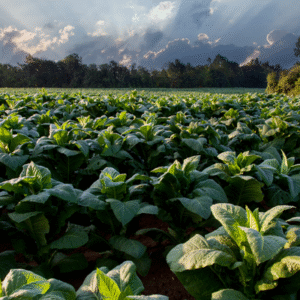South-South cooperation refers to the process by which developing countries, regardless of geographic location, collaborate to achieve their individual or shared development goals. This collaboration involves the exchange of knowledge, skills, and resources through partnerships with governments, regional organizations, civil society, academia, and the private sector. For countries in the Global South, these partnerships intersect with their shared post-colonial development trajectories and efforts to meet the needs of their populations.
To support these initiatives, the United Nations established the UN Office for South-South Cooperation (UNOSSC) in 1974, promoting collaboration both internationally and within the UN system. According to UNOSSC Director Dima Khatib, countries in the Global South, home to 80 percent of the world’s population, possess vast untapped human and natural resources and significant potential to drive development. She emphasizes that these countries not only face challenges but also offer innovative solutions that deserve recognition and support.
Despite these opportunities, countries in the Global South face real obstacles, including rising geopolitical tensions, heavy debt burdens, a widening digital divide, and declining development and humanitarian funding from developed nations. These challenges are prompting developing countries to seek alternative development financing and cooperation through South-South partnerships. Recent studies by UNOSSC indicate that such cooperation can transform economic outcomes, create jobs, and build local capacity in countries like Ethiopia, Paraguay, and Rwanda.
South-South cooperation has also shown promising results in the Middle East, particularly in renewable energy, digital transformation, and climate adaptation. Morocco’s large-scale solar projects have served as models for sub-Saharan Africa, while Gulf countries are sharing expertise alongside financial support. Saudi Arabia, for example, provides knowledge on seawater purification, and Masdar City in the UAE develops research and capacities that benefit other developing nations. The Islamic Development Bank has further facilitated knowledge exchange, supporting initiatives in advanced irrigation, sustainable agriculture, and climate-resilient infrastructure.
Global South countries are increasingly taking the lead in multilateral initiatives, with examples including the India-UN Development Partnership Fund and the India-Brazil-South Africa Fund, both hosted by UNOSSC. These efforts demonstrate the power of collective action and the effectiveness of cross-border cooperation. In today’s tense international political climate, South-South cooperation can help strengthen multilateralism while complementing broader international cooperation. UN officials emphasize that bridging divides between the Global North and South is essential, and the United Nations remains well-positioned to foster equality, collaboration, and sustainable development across all nations.







